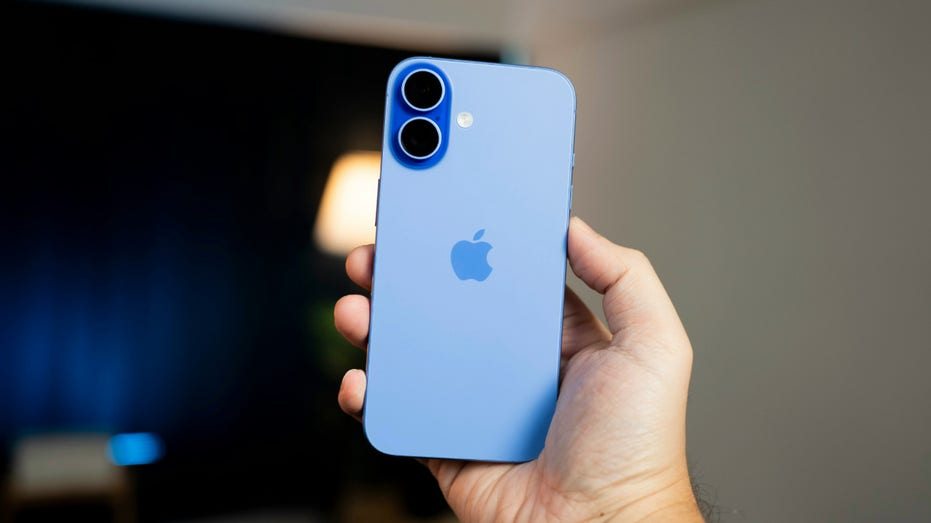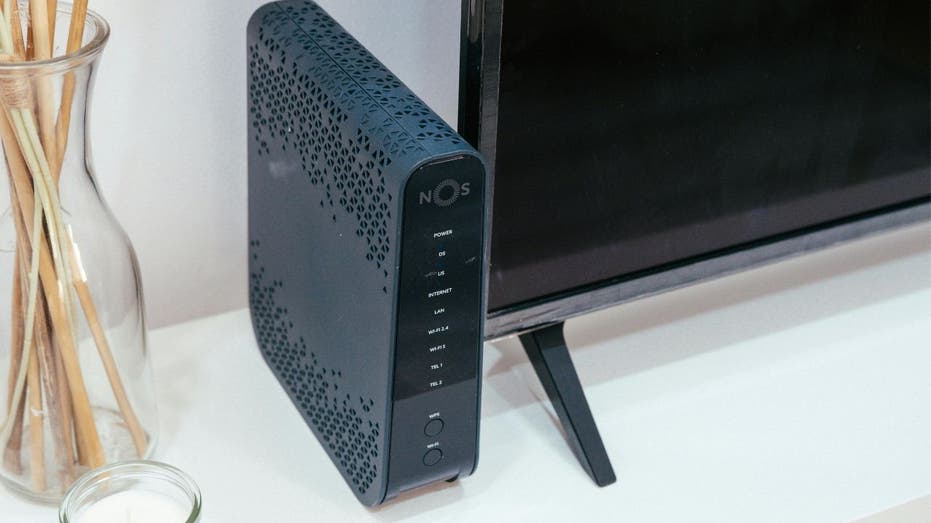Blue Shield of California Accidentally Exposes 4.7 Million Patients’ Data to Google for Three Years

Sarah Johnson
April 27, 2025
Brief
Blue Shield of California accidentally exposed sensitive health data of 4.7 million patients to Google over three years due to a misconfigured analytics tool, raising serious privacy concerns.
Blue Shield of California has admitted to an accidental data breach that exposed the sensitive health information of 4.7 million patients to Google over the course of almost three years. The insurer revealed that, from April 2021 to January 2024, its use of Google Analytics on member websites was misconfigured, which resulted in private health information being shared with Google’s advertising arm without anyone catching on.
Among the data that slipped through the cracks were names, zip codes, genders, medical claim dates, insurance details, family information, and even search criteria from the "Find a Doctor" tool. While Blue Shield insists no outside hackers were involved and Google didn’t use this data for anything other than ad targeting, the sheer breadth of the information exposed is enough to make anyone do a double-take at their privacy settings.
Google was quick to point out that businesses are responsible for the data they collect, and that its Analytics tool isn’t designed to identify individuals or advertise based on sensitive health information. Still, the fact that this went on for years undetected is a little too on-the-nose for the "nothing to see here" approach.
Blue Shield’s situation isn’t unique. Healthcare and tech companies have faced heat from regulators in recent years for similar privacy slip-ups, with the FTC and HHS warning that third-party tracking tools can be a minefield for patient data. Companies like GoodRx, BetterHelp, and Kaiser have even paid millions in settlements for comparable data-sharing fumbles.
Despite the government’s attempts to draw clearer lines, many healthcare organizations continue using these analytics tools, in part because of a lack of strict rules—and, let’s be honest, maybe a dash of wishful thinking that nobody’s watching.
What can you do to protect yourself? For starters, limit what you share on health portals, opt for privacy-focused browsers, and turn off ad personalization wherever you can. Always choose strict privacy settings, read the fine print on privacy policies, and monitor your accounts for suspicious activity. And don’t be shy about asking your healthcare provider what tracking tools they’re using—sometimes, a little consumer pressure gets results.
For those ready to go the extra mile, consider data removal services, identity theft protection, and strong antivirus software to lock down your personal info. It’s a wild web out there, and the last thing you want is your insurance plan showing up as a targeted ad while you’re just trying to order a pizza.
Blue Shield’s long-overlooked privacy blunder is a stark reminder that even big-name insurers can drop the ball. When a "mistake" can last three years and involve millions of people, maybe it’s time for the industry to treat privacy like the precious asset it actually is.
Topics
Editor's Comments
It’s wild—Blue Shield managed to leak millions of patients’ data to Google for years, and nobody noticed? Makes you wonder if the only people who read privacy policies are the ones writing them. Honestly, if my doctor ever starts recommending Google Ads as part of my treatment plan, I’m switching providers!
Like this article? Share it with your friends!
If you find this article interesting, feel free to share it with your friends!
Thank you for your support! Sharing is the greatest encouragement for us.



